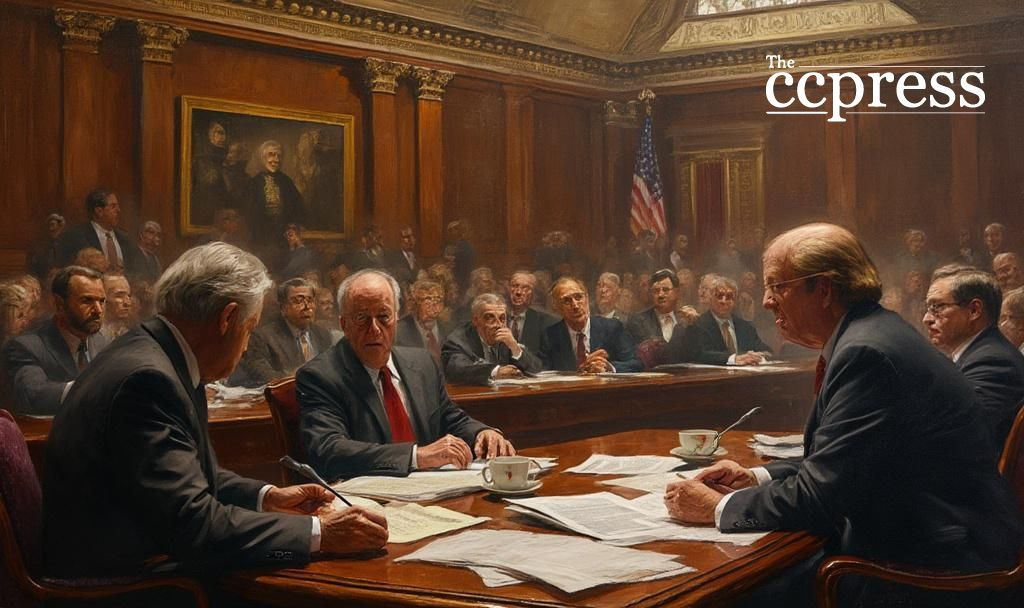- Potential U.S. policy impact on Bitcoin as global reserve.
- Brian Armstrong’s warning on debt consequences.
- Implications for crypto and traditional finance.

Armstrong’s statement emphasizes the potential for Bitcoin to replace the U.S. dollar if current fiscal concerns remain unaddressed, causing ripple effects in global markets.
Brian Armstrong highlighted that the U.S.’s $37 trillion national debt could elevate Bitcoin’s status to a global reserve currency. His position surfaces amid fiscal challenges following the approval of the “Big Beautiful Bill.”
“If Congress fails to address this mounting debt crisis, Bitcoin could emerge as the next global reserve currency.” — Brian Armstrong, CEO & Co-Founder, Coinbase
Armstrong advocates for Bitcoin as the primary choice for a U.S. crypto reserve, countered by voices like Ripple’s Brad Garlinghouse, who calls for a multichain approach.
The fiscal policy debate fuels interest in Bitcoin and other large-cap cryptos, with significant attention on institutional crypto reserves. Market observers view this as a pivotal shift.
Financial analysts anticipate potential shifts toward Bitcoin as a hedge against inflation. Discussions continue on integrating various cryptos as strategic reserves. Industry experts debate Bitcoin’s place amid fiscal uncertainty.
Experts foresee institutional adoption and regulatory strategies impacting crypto markets. Historical precedents suggest increased interest in digital assets during fiscal instability, highlighting crypto’s potential in future economic frameworks.
| Disclaimer: The content on The CCPress is provided for informational purposes only and should not be considered financial or investment advice. Cryptocurrency investments carry inherent risks. Please consult a qualified financial advisor before making any investment decisions. |
























